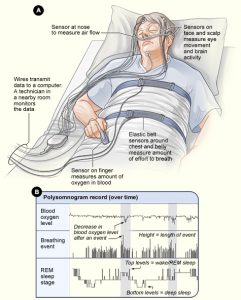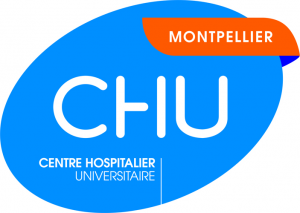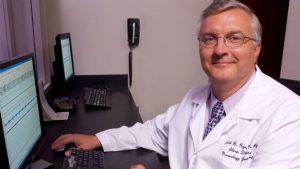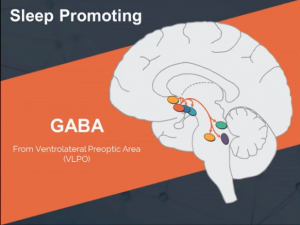SomnusNooze e-newsletter
News, stories and updates from the world of sleep
News, stories and updates from the world of sleep

I have always been a person who could not get enough sleep. Regardless of how long I slept—13 or 14 hours a night was commonplace—I still never felt refreshed upon waking. My teenage years were tough. My school attendance record was appalling, but... read >

Background Kleine-Levin syndrome (KLS) is a rare disorder in which affected people experience episodes at least once per year during which they sleep for at least 11 hours out of every day (but often for days at a time), eat excessively (megaphagia),... read >

Background In Europe, modafinil used to be available as a treatment for the excessive daytime sleepiness (EDS) associated with idiopathic hypersomnia (IH). However, in 2010, the European Medicines Agency (EMA, the equivalent of the Food and Drug... read >
On September 24, 2013, the US Food and Drug Administration (FDA) held a public meeting to solicit information on the impact of narcolepsy on affected individuals’ daily lives and the effect of currently available medication on their disease symptoms. A... read >

It’s been a long and interesting road. Growing up in the Dakotas, Trevor was an athletic, outgoing, energetic boy. He played soccer and hockey, enjoyed hanging out with his buddies, and was a great student. In retrospect, we noticed a few strange things... read >
The Hypersomnia Foundation received a letter from the Internal Revenue Service stating that we have met all of the requirements to be a charitable organization. That’s right. The IRS has officially approved the Hypersomnia Foundation's 501(c)(3)... read >
The Hypersomnia Foundation Board members have been hard at work! After countless hours of collaborative work, we have finally completed our 501(c)(3) application and submitted it to the IRS for approval. One component of the 501(c)(3) application is... read >
On March 8, 2014, the first Hypersomnia Conference was held in Atlanta, Georgia. Featured guest speakers included: David Rye, MD, PhD, Professor of Neurology at Emory University Lynn Marie Trotti, MD, MSc, Assistant Professor of Neurology... read >

GABA is known to promote sleep and decreased consciousness, and many patients with CNS hypersomnia have been found to have endogenous GABA-A receptor hyper-reactivity. Flumazenil, a known GABA-A antagonist, has been shown to reduce symptoms in these... read >
A symposium entitled, “Idiopathic Hypersomnia: Past, Present and Future,” and co-chaired by Drs. Michel Billiard (Montpellier, France) and Sona Nevsimalova (Charles University, Prague, Czech Republic), took place at the World Association of Sleep... read >